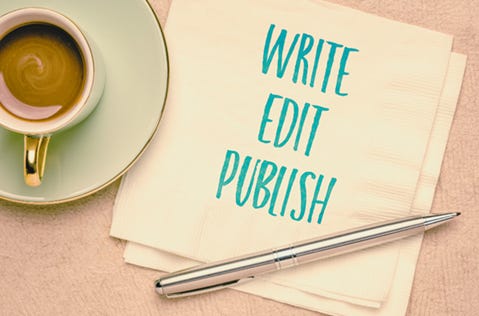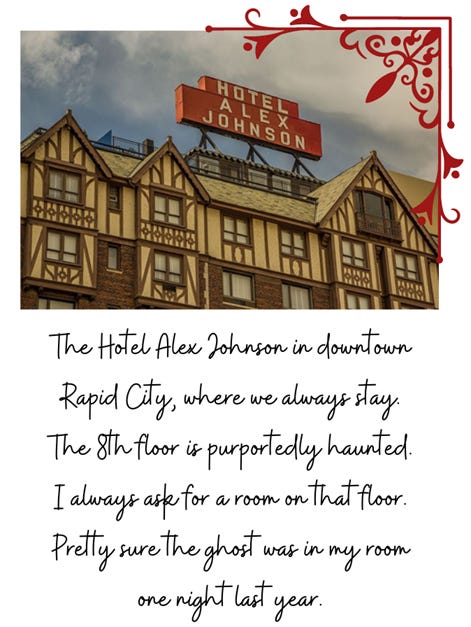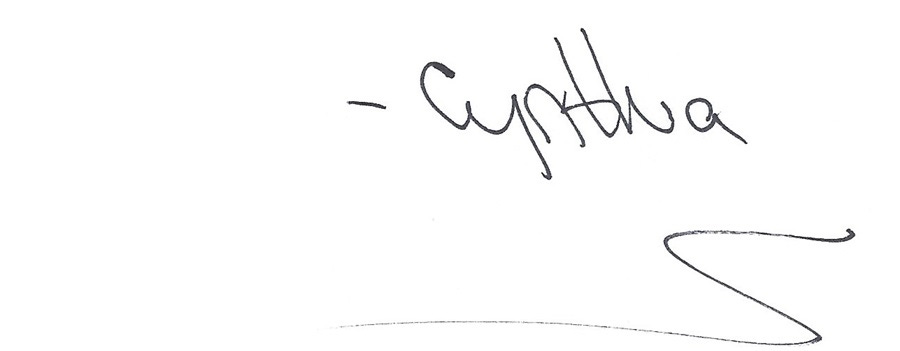I’ve been thinking a lot about journeys. The physical ones we go on, trips to places both recognized and unfamiliar—but also the metaphorical ones, the travel that takes us into unknown territory, especially in our creative lives.
For me, that’s the journey to get my forthcoming novel, Anyone But Her, out in the world. It’s also a journey into creative territory in my writing that’s new to me—projects that are in-the-works but in preliminary stages. More to come on that…another time.
Where are your journeys taking you? I’d love to hear where you’re headed!
What is Indie Publishing, Anyway?
Recently, I was asked by a friend what it means to be indie publishing Anyone But Her. My friend is an avid reader, but she knows little about the publishing business. I explained that it means I’m in control of the process. The terms indie publishing and self publishing are sometimes used interchangeably, but I prefer indie, because it’s not just me. This a team effort. In addition to writing a great story, my job as an indie-pubbed author is to hire professionals who can help me create a high-quality book: designer, editors (yep, editors also use editors), techie people who know how to do the back-end stuff, just to name a few.
My friend’s question reminded me that writers care much more about how their books get into the world than readers do. Many of us knock ourselves out trying to land the dream agent, the Big 5 book contract—the stuff we can post about on social media. We agonize. We fret. If we don’t become a Big Deal in the publishing world, will anyone read our work?
And yet, according to publishing guru Jane Friedman: “The most talented writers are not always well known. The worthiest information rarely spreads the farthest.”
To put it another way: Readers don’t care if you’re a Big Deal. They want a great story. That’s all.
Each author must choose their own path, of course—but I’ve observed that the successful indie-pubbed authors I know seem pretty damn happy. Their goals are clear; their methodology is exact. They know what their readers want, they connect with those readers in genuine ways, and they efficiently get their books into readers’ hands.
This is not to dis traditional publishing. I’m grateful to have had 3 books trad-pubbed during the past decade. Will I go back to it after Anyone But Her? I don’t know. All I know is that I’m loving every step of my new journey so far.
Postcards from the indie road forthcoming.
P.S…
To learn more about publishing (particularly traditional), I recommend Courtney Maum’s Substack, Before and After the Book Deal. Courtney is committed to helping writers navigate those sometimes-murky waters.
What If We Connect? What if We Read?
Here’s my book haul from Seattle—some from Left Coast Crime, some from my bookseller cousin:
Which would you read first? I’m excited about all of them, but right now I’m deep into No-No Boy by John Okada (1923 - 1971), Left Coast Crime’s “Ghost of Honor.”
First published in 1957, No-No Boy tells the story of Ichiro Yamada, a young Japanese-American, shortly thereafter WWII. In protest for his family’s internment during the war, and because of the U.S. government’s ambiguity about what “allegiance” means, Ichiro refuses to fight for the U.S. or swear fidelity to it. He’s imprisoned for his choices and, after his release, struggles to find his place in postwar America.
Published only a dozen years after the war ended, at the height of patriotic fervor, No-No Boy faced a challenging reading public and soon went out of print. Despite being quoted as saying, “Only in fiction can the hopes and fears and joys and sorrows of people be adequately recorded,” Okada never published another novel. He died of a heart attack at age 47.
At a LCC panel featuring Frank Abe and Shawn Wong, moderated by Naomi Hirahara (whose latest novel, Evergreen, won a Lefty Award and is also in my haul), I learned the fascinating story of how No-No Boy was resurrected. In the 1970s, a group of Asian-American writers bought the rights to Okada’s out-of-print book from his estate, then worked tirelessly to get it back into circulation.
How’d they do it? First, they approached the University of Washington Press—but were turned down. Undaunted, they took out an ad in a local Japanese newspaper, asking the community for support in exchange for a discounted copy of the book. The checks poured in. I think this qualifies as the original Kickstarter!
After the stunning re-issue success of No-No Boy, the UW Press asked the writers if the Press could print it. How’s that for a “we told you so” ending?
What If We Step Out?
Journeys take us many places, but right now, I’m looking forward to a little close-to-home travel. Next up is a quick trip to Rapid City, South Dakota to bring one of my sons home from college for the summer. Despite the…ahem…leader of the state in which it’s located, we’ve found Rapid City to have some wonderful, funky pockets. A staple of every visit is Alternative Fuel Coffee House on Main Street Square—if you’re ever in town, check them out.
As for literary step-outs, I’ll be even closer to home, at Lighthouse’s Lit Fest in June. Look for me at readings and parties—and I hope to see you in one of my craft seminars:
Where will you and I connect? Sometime and somewhere soon, I hope!










Hopefully the successful end of another school year...then a summer to find out more about this person I have been spending time with...we'll see...